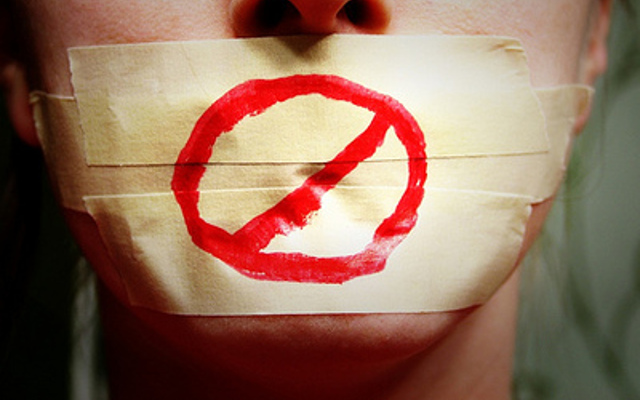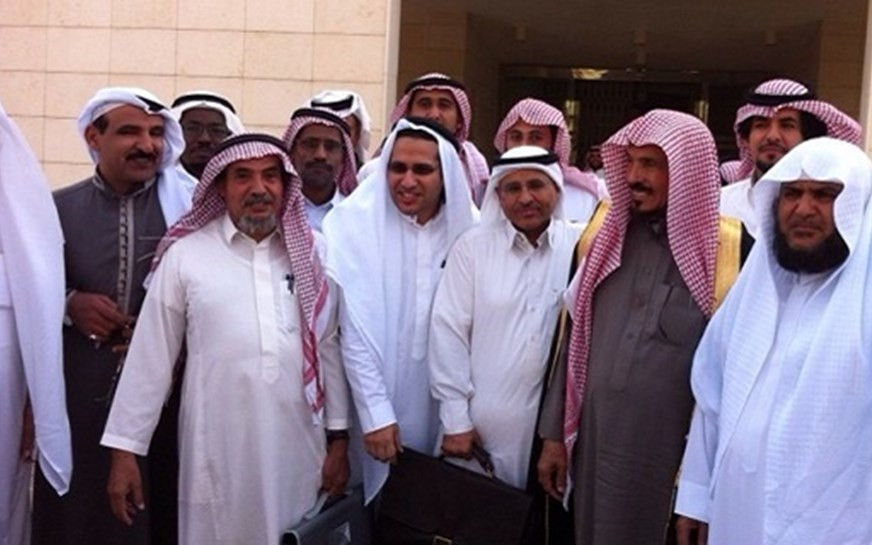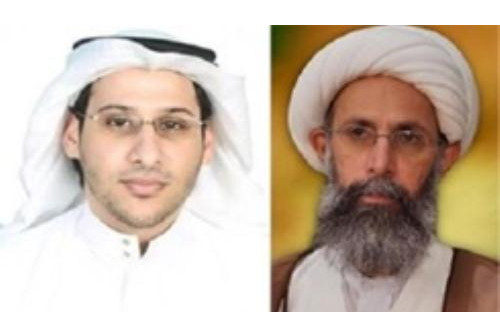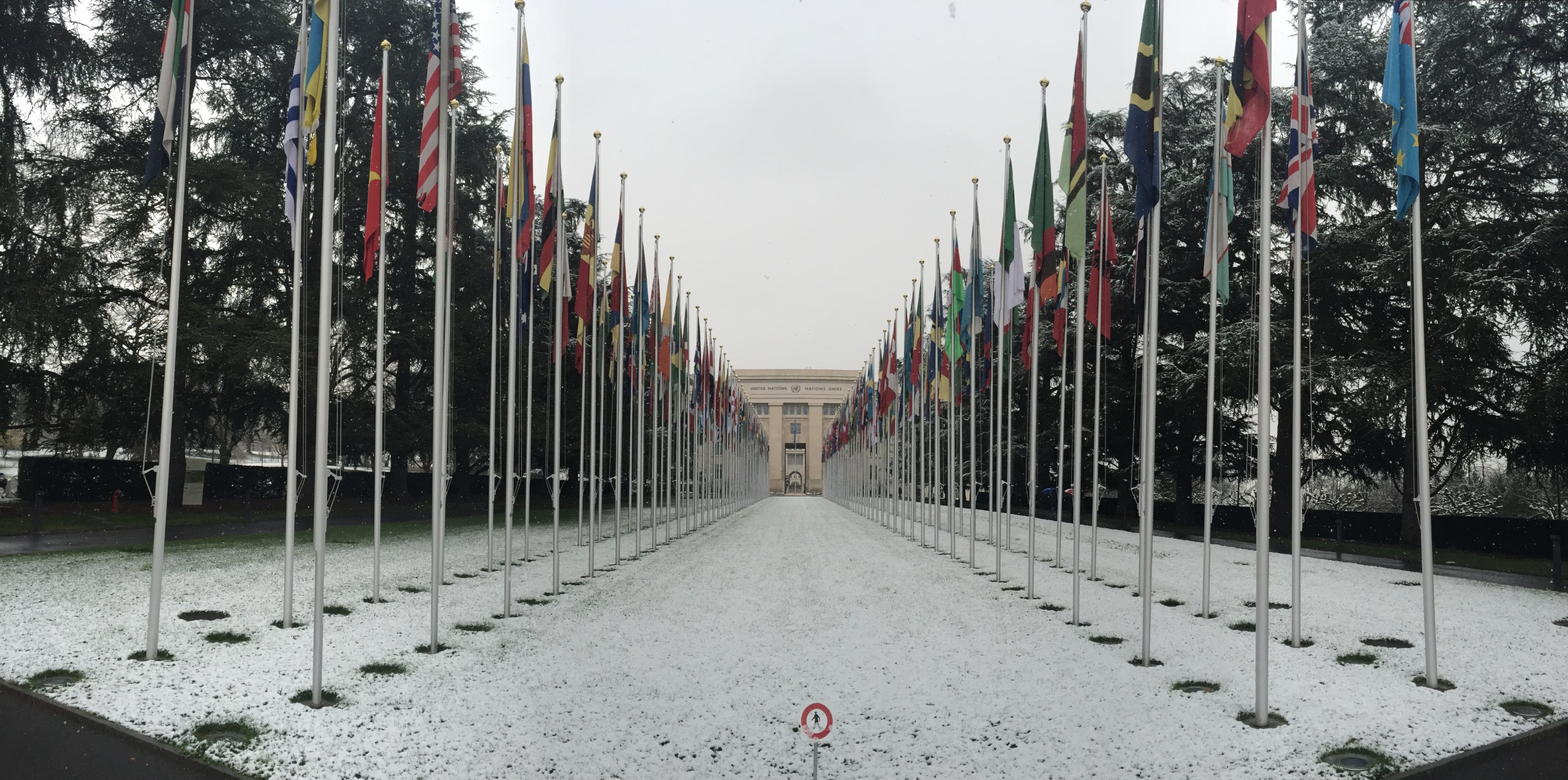Government-sponsored oppression of Shia in Saudi Arabia is well documented. But government oppression also affects the populace more broadly, through legislation which violates fundamental human rights. Several widely-used laws criminalize political and religious criticism of the king, state, or religious establishment, contravening the universal right to freedom of opinion and expression. The government utilizes three[…]
In March 2013, the Saudi government forced the Saudi Arabian Civil and Political Rights Association (ACPRA) to close. ACPRA was a prominent human rights organization, and one of the few independent civil society organizations in the country. On 29 May 2016, the government’s Specialized Criminal Court (SCC) sentenced ACPRA’s last free co-founder, Abdulaziz al-Shubaily, to[…]
On 12 June, Waleed Abu al-Khair ended his five-day hunger strike. He initiated his hunger strike to protest ill-treatment by the administration of the Thahban prison in Jeddah. Prison officials refused to provide him with the medical care he needs for diabetes and intestinal complications, and prevented him from accessing any reading material. He ended[…]
On 7 April, US Secretary of State John Kerry met with the Foreign Ministers from the Gulf Cooperation Council (GCC) while on his three-day trip to Bahrain. During his meeting with the GCC Foreign Ministers, they discussed regional security concerns mainly in Syria, Iran, Yemen, and Daésh. An equally important issue in the region, human[…]
From 29 February to 24 March, Americans for Democracy & Human Rights in Bahrain (ADHRB) took part in the 31st Session of the United Nations (UN) Human Rights Council (HRC) in Geneva to raise awareness of human rights violations in Bahrain, Saudi Arabia, and other Gulf Cooperation Council (GCC) countries. During the Session, ADHRB met[…]








